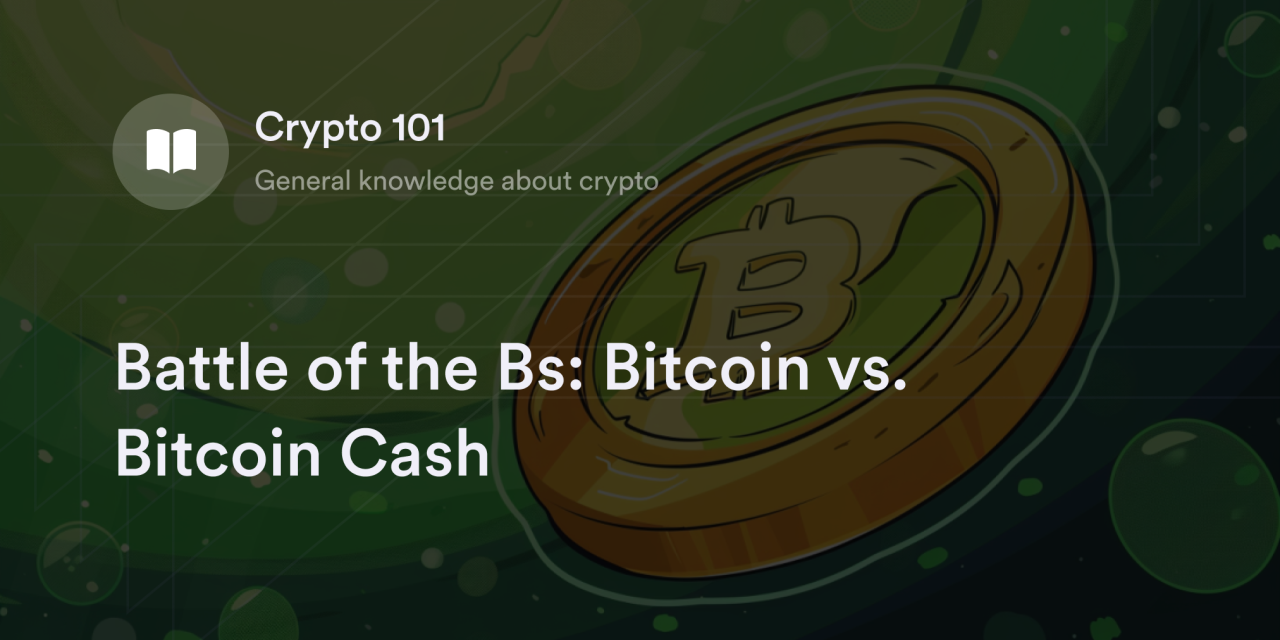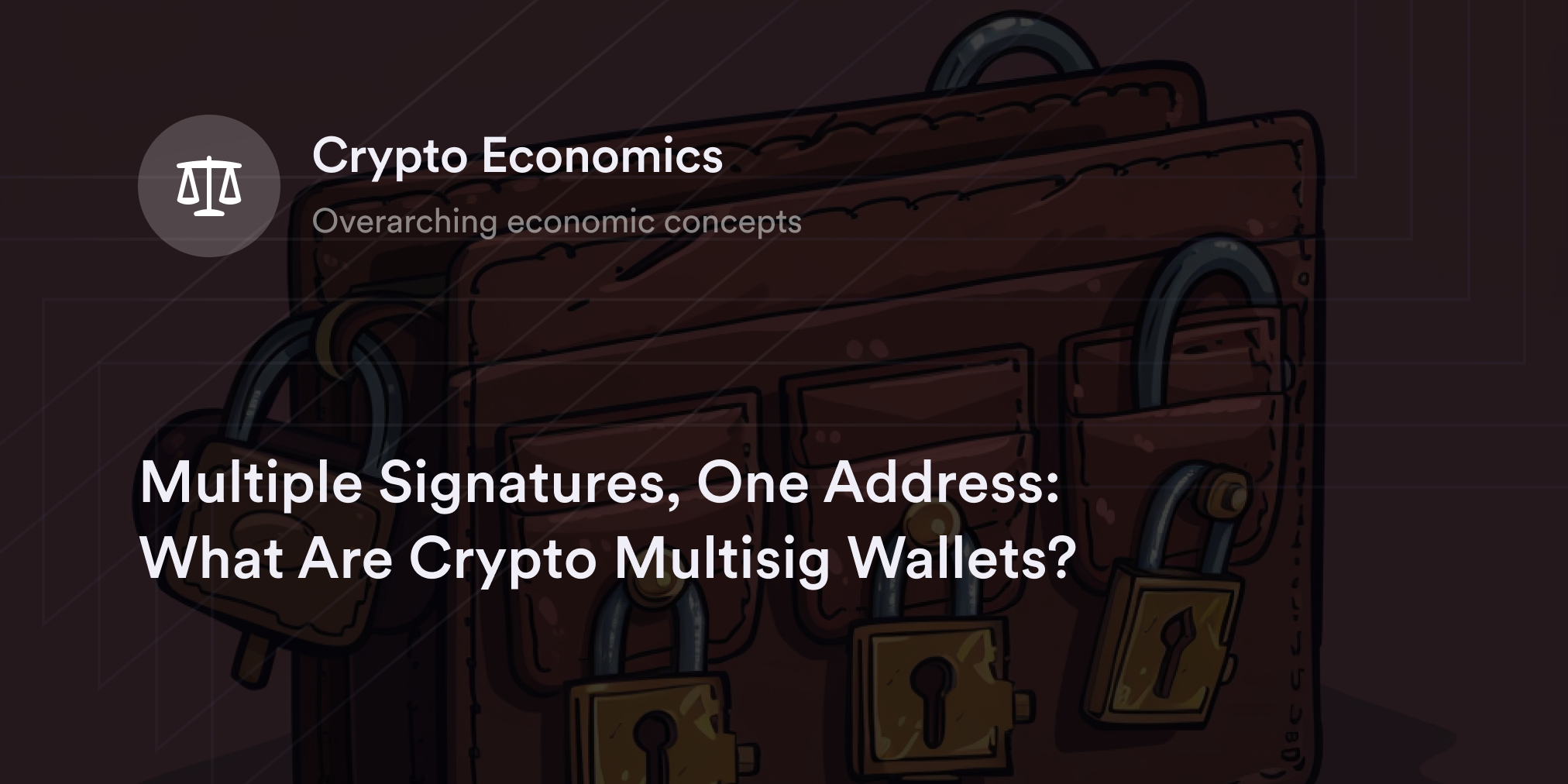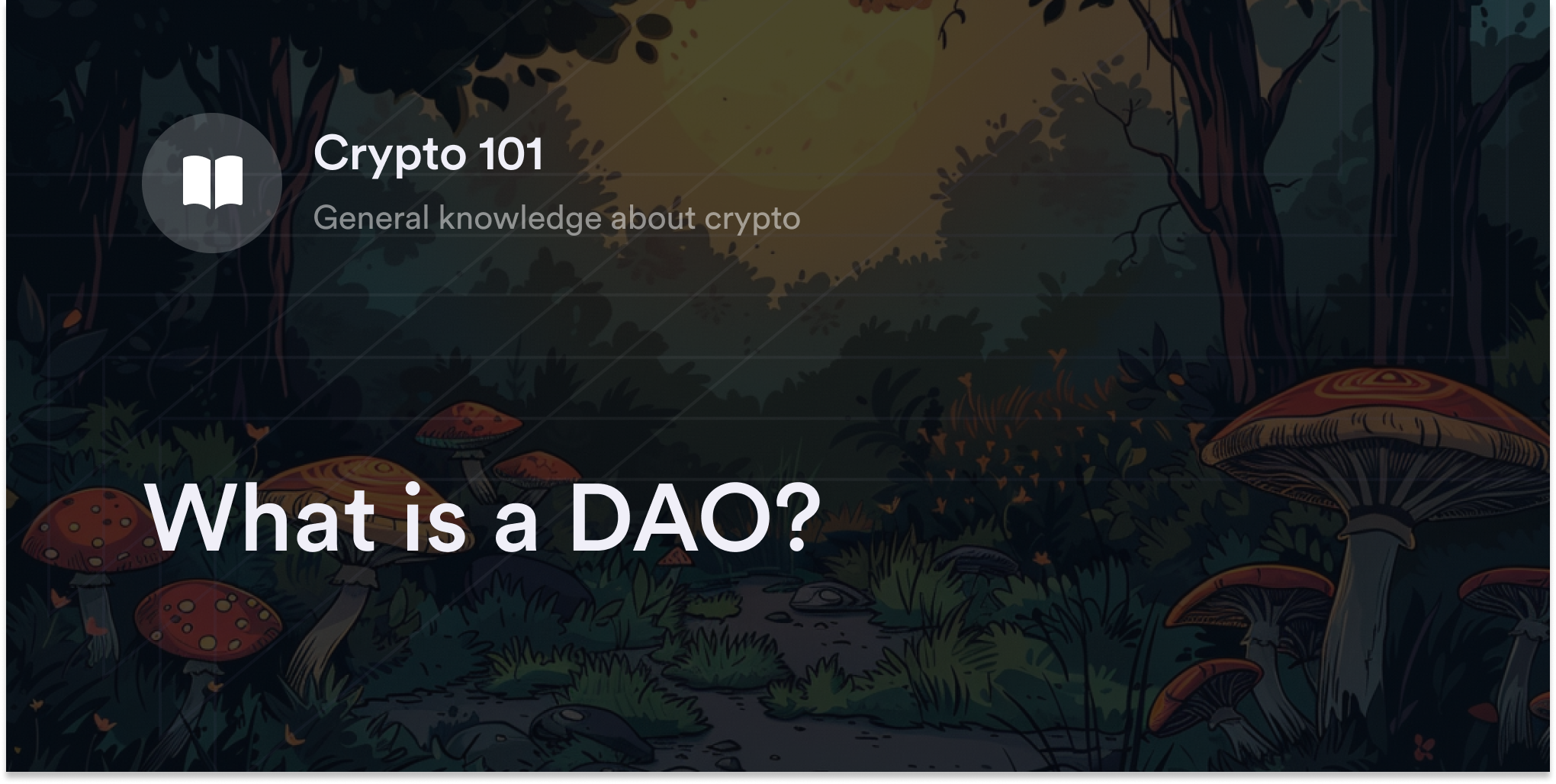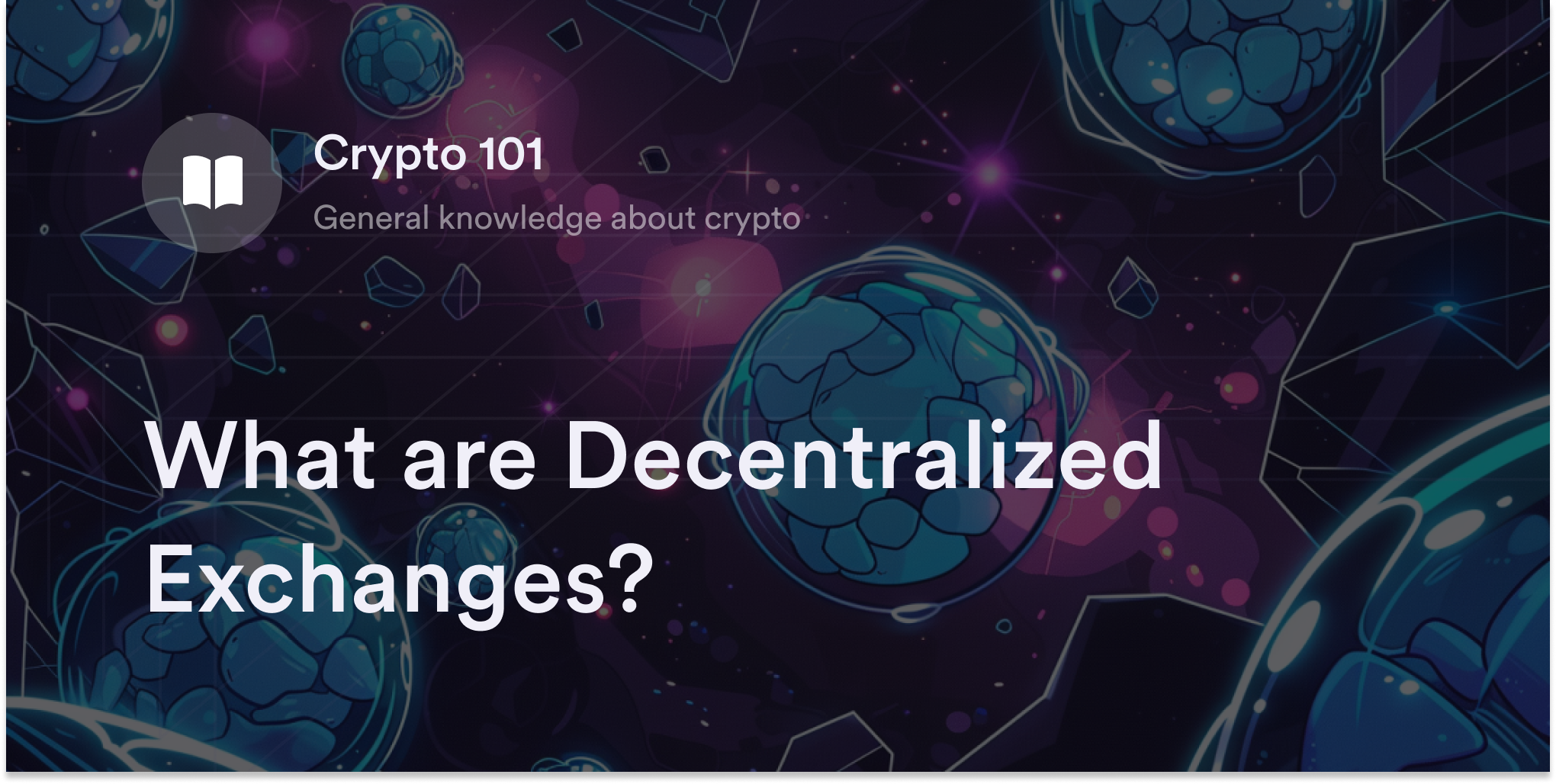


When traders first enter the crypto market, they soon discover two virtual assets under the Bitcoin (BTC) banner. In addition to the OG orange coin, a mint green alternative called Bitcoin Cash (BCH) has multiple trading pairs on crypto exchanges. These virtual assets share the same “Bitcoin” label and have an intimate interrelationship; nevertheless, they differ significantly. There are also major consequences if crypto traders accidentally transfer the “wrong” version of Bitcoin to their crypto wallets.
Let’s explore the similarities and differences between Bitcoin and Bitcoin Cash, how BTC and BCH work, and their paths in blockchain.
What is Bitcoin?
Bitcoin was introduced in 2008 by the pseudonymous cryptographer Satoshi Nakamoto. It’s the world’s first successful decentralized peer-to-peer (P2P) digital currency. Nakamoto used a consensus algorithm known as proof-of-work (PoW) to enforce rules and incentivize computers (aka nodes) participating on the network.
Rather than relying on centralized intermediaries to verify transactions, Bitcoin’s PoW system (aka crypto mining) gives nodes the chance to win BTC rewards every 10 minutes if they successfully solve a complex cryptographic problem. The first node to solve these mini-games posts the next block of Bitcoin transactions on a publicly viewable distributed payment ledger, and other nodes on the network check each block’s validity before it becomes official.
Since Bitcoin’s launch in 2009, it has maintained the preeminent position as the largest cryptocurrency by market cap, and it now rivals many of the world’s fiat currencies. Besides its original purpose as a P2P electronic cash system, Bitcoin is often described as a commodity similar to gold due to its scarce supply (21 million coins) and perceived value in the digital assets market.
What is Bitcoin Cash?
Bitcoin Cash is an alternative to Bitcoin (aka altcoin) launched during the 2017 crypto market rally. As more people bought Bitcoin during this significant upswing, traders complained of high transaction costs and slow confirmation speeds when sending their BTC. The exceptionally high congestion on the Bitcoin blockchain revealed major scalability challenges, and core Bitcoin developers were divided over approaching this issue.
Some programmers claimed Bitcoin can’t sufficiently scale to a global audience without increasing its average data storage of one megabyte (MB) per block to eight MB, which would introduce a major code change to Bitcoin’s foundational programming (aka a hard fork). However, other Bitcoin community members argued taking this drastic step wasn’t necessary and proposed a more conservative soft fork software upgrade called Segregated Witness (SegWit).
Bitcoin developers in the first camp split from the community to move forward with their bigger blocks thesis and create the Bitcoin Cash chain. As promised, the Bitcoin Cash blockchain has more data space versus Bitcoin, making it possible to squeeze in more transactions for faster and cheaper transactions.
Similarities between Bitcoin and Bitcoin Cash
Bitcoin and Bitcoin Cash have a contentious history, but the truth is these chains share many features. Since BCH is based on BTC’s coding architecture, it’s no surprise many of the foundational design elements in these cryptocurrencies mimic each other.
Consensus algorithm
Bitcoin and Bitcoin Cash use the PoW algorithm to maintain order on their blockchains without a centralized intermediary. Nodes on both blockchains compete to solve math equations every 10 minutes with machines called mining rigs to post new transactions and receive crypto rewards.
Set max supply
While BCH doesn’t have a reputation for being digital gold, it has a fixed supply of 21 million coins—the same number on the Bitcoin blockchain. When the final BCH and BTC enter circulation, miners no longer earn block rewards. Instead, Bitcoin or Bitcoin Cash blockchain nodes only receive transaction fees once the circulating supply reaches its maximum limit.
Halving schedule
In addition to sharing a maximum supply, Bitcoin and Bitcoin Cash use the same halving schedule for a predictable inflation rate. Roughly every four years, the size of each BTC and BCH block reward gets cut in half, which triggers a supply shock in the crypto market. These halvings are set to continue on Bitcoin and Bitcoin Cash until each chain mines 21 million coins, which is expected to happen around 2140.
Differences between BTC and BCH
Bitcoin and Bitcoin Cash function as P2P payment networks and share many traits, but there’s a reason these cryptocurrencies are in separate categories. Crypto traders should evaluate the use cases for BTC and BCH before deciding which coin they want to add to their crypto wallet.
Data storage capacity
Block size was the primary issue dividing the Bitcoin community in 2017, and it’s the main distinction between the BTC and BCH blockchains. Initially, Bitcoin Cash had a block size of 8 MB, but the team later increased this capacity to 32 MB for even greater scalability. In contrast, Bitcoin has a block size of four MB following its 2017 SegWit upgrade.
Transaction speed
The larger blocks on Bitcoin Cash increase its average throughput to 100 transactions per second (TPS). Conversely, Bitcoin maintains an average TPS of seven, but new layer-2 applications like the Lightning Network make it possible to send BTC off the primary layer-1 chain with near-instant speeds (1 million TPS).
Network fees
Bitcoin Cash’s larger block size also reduces its average transaction fees compared to Bitcoin’s. While fees fluctuate depending on network congestion, Bitcoin has an average fee of around $5, while Bitcoin Cash has an average fee of a few pennies.
However, similar to transaction speed, the Bitcoin Lightning Network makes sending BTC for 0.0029% of the transaction’s total value possible.
Bitcoin versus Bitcoin Cash: Will Bitcoin Cash overtake Bitcoin?
Diehard BCH believers argue that Bitcoin Cash can surpass Bitcoin. Despite the scalability challenges on Bitcoin’s base blockchain, it remains the dominant cryptocurrency by market cap with a larger community of miners, superior accessibility, and the highest liquidity in the digital assets market.
Current estimates suggest the total energy on the Bitcoin blockchain is 625 Ehash/s compared to about 3 Ehash/s on Bitcoin Cash. Therefore, if the Bitcoin Cash blockchain wants to match the Bitcoin blockchain’s size and energy output, it would need to grow by 200x. Also, in terms of market capitalization, Bitcoin Cash is roughly 180x smaller than the Bitcoin blockchain. In dollar terms, Bitcoin Cash needs more than $800 billion to match Bitcoin’s current market cap.
Besides its smaller size and shorter history, the Bitcoin Cash blockchain also faces increased competition from other altcoins and new scalability solutions on the Bitcoin blockchain. For example, Litecoin (LTC) and Dogecoin (DOGE) are fast and cheap altcoins offering P2P payments with larger market caps than BCH.
Also, the Bitcoin blockchain now has a layer-2 scaling solution called the Lightning Network, which allows users to send BTC micropayments instantly with minimal fees. With so many alternatives in the decentralized P2P payment niche, it’s increasingly challenging for Bitcoin Cash to carve out a competitive edge.
Unless more countries and businesses adopt BCH as a primary payment method—or there’s a severe security breach on the Bitcoin blockchain—the majority of crypto traders believe BTC has too many strengths than the smaller Bitcoin Cash ecosystem.
Brush up on BTC on dYdX Academy
Got more burning questions about Bitcoin? Head to dYdX Academy. Our comprehensive crypto education hub has dozens of articles on the mechanics behind the world’s first blockchain, including deep dives into recent upgrades like SegWit, Taproot, and the Ordinals Protocol.
dYdX also offers eligible traders a low-fee decentralized trading platform for Bitcoin and altcoin perpetuals. Find out more about the latest features and products on the Cosmos-based dYdX Chain on dYdX’s official blog, and eligible traders can start trading on dYdX today.
Disclosures
The content of this article (the “Article”) is provided for general informational purposes only. Reference to any specific strategy, technique, product, service, or entity does not constitute an endorsement or recommendation by dYdX Trading Inc., or any affiliate, agent, or representative thereof (“dYdX”). Use of strategies, techniques, products or services referenced in this Article may involve material risks, including the risk of financial losses arising from the volatility, operational loss, or nonconsensual liquidation of digital assets. The content of this Article does not constitute, and should not be considered, construed, or relied upon as, financial advice, legal advice, tax advice, investment advice, or advice of any other nature; and the content of this Article is not an offer, solicitation or call to action to make any investment, or purchase any crypto asset, of any kind. dYdX makes no representation, assurance or guarantee as to the accuracy, completeness, timeliness, suitability, or validity of any information in this Article or any third-party website that may be linked to it. You are solely responsible for conducting independent research, performing due diligence, and/or seeking advice from a professional advisor prior to taking any financial, tax, legal, or investment action.
You may only use the dYdX Services in compliance with the dYdX Terms of Use available here, including the geographic restrictions therein.
Any applicable sponsorship in connection with this Article will be disclosed, and any reference to a sponsor in this Article is for disclosure purposes, or informational in nature, and in any event is not a call to action to make an investment, acquire a service or product, or purchase crypto assets. This Article does not offer the purchase or sale of any financial instruments or related services.
By accessing this Article and taking any action in connection with the information contained in this Article, you agree that dYdX is not responsible, directly or indirectly, for any errors, omissions, or delays related to this Article, or any damage, injury, or loss incurred in connection with use of or reliance on the content of this Article, including any specific strategy, technique, product, service, or entity that may be referenced in the Article.







